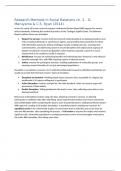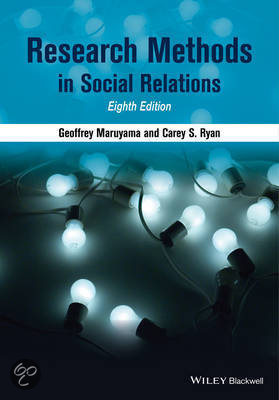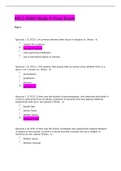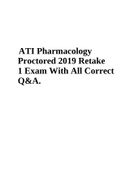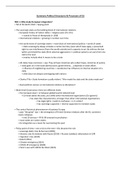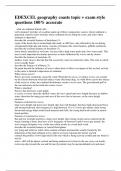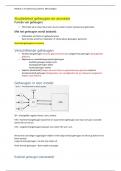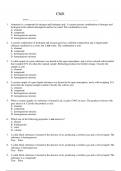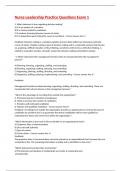Samenvatting
Samenvatting literatuur hoorcollege 3 Onderzoeksmethodologie UvA
- Instelling
- Universiteit Van Amsterdam (UvA)
Samenvatting van de literatuur die we moeten lezen voor hoorcollege 3 van Onderzoeksmethodologie. Research Methods in Social Relations H3 – G. Maruyama & C.S. Ryan; Experimental and Quasi-Experimental designs for Generalized Causal Inference. – W.R. Shadish, T.D. Cook & D.T. Campbell.
[Meer zien]
